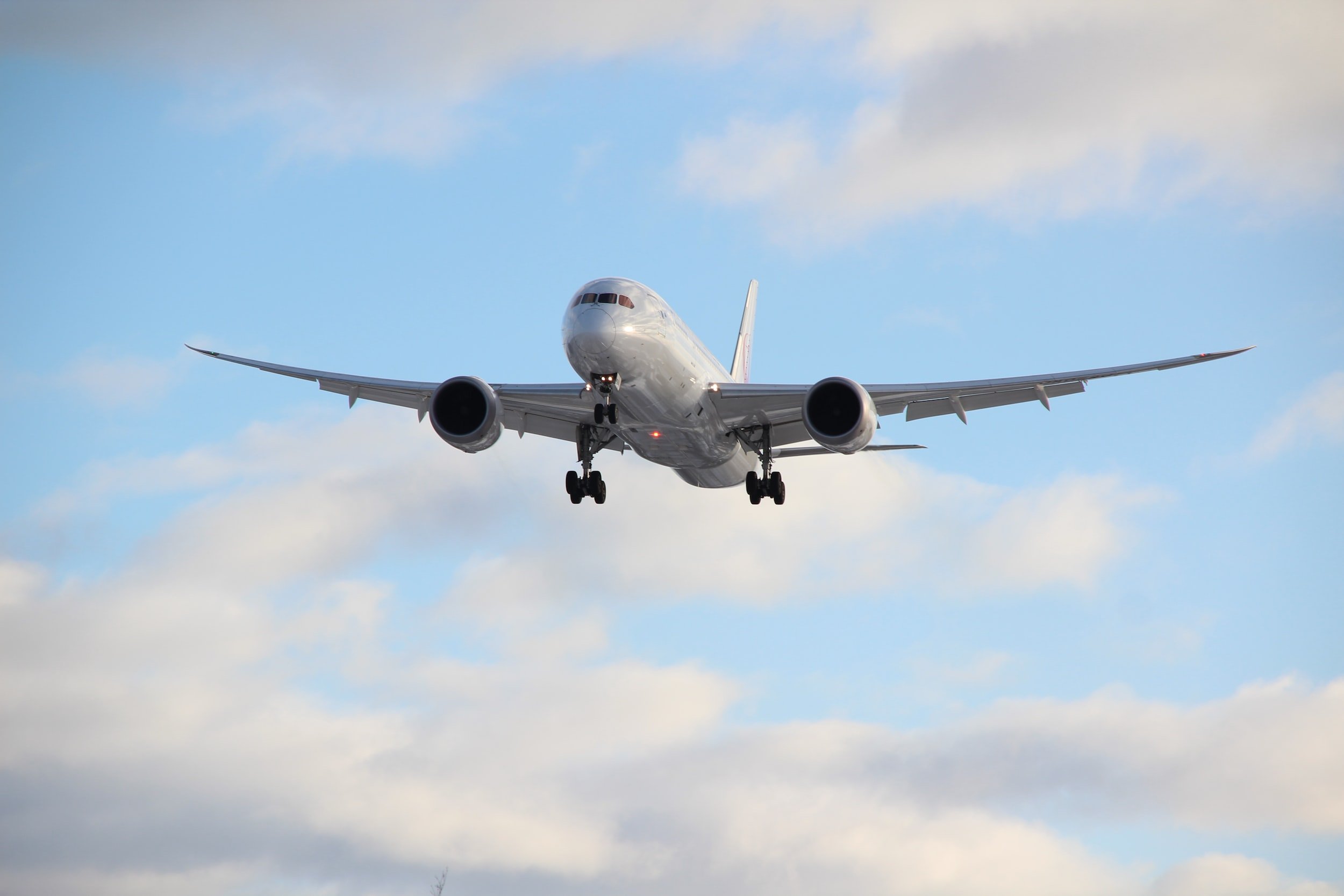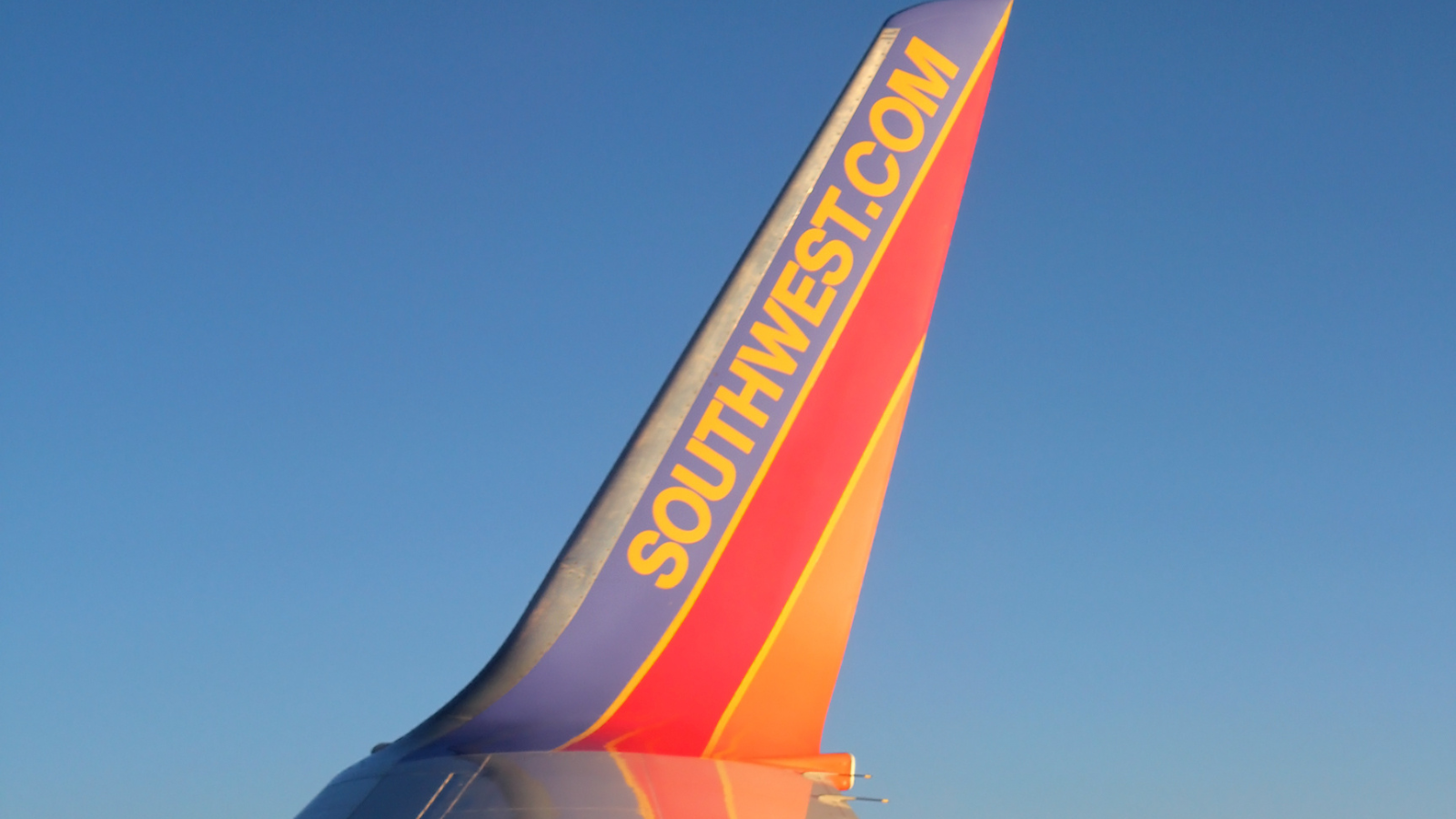Federal Judge Blocks JetBlue's Acquisition of Spirit Airlines
A federal judge has put the brakes on JetBlue Airways' acquisition of Spirit Airlines, a deal valued at $3.8 billion, stating that it would negatively impact price-sensitive consumers by removing the discount carrier from the market. This decision has implications for the aviation industry as it prevents the creation of the fifth-largest airline in the country, affecting competition and pricing dynamics in the sector.
JetBlue's plans to convert Spirit's planes to its own layout and charge higher average fares could have led to reduced options for budget-conscious travelers who rely on Spirit's low fares. The ruling aligns with the Justice Department's stance on anti-competitive mergers and aims to protect consumers from higher fares and fewer choices.
JetBlue and Spirit are evaluating their next steps in response to the decision, emphasizing their belief that the merger would have increased competition and choice while offering low fares and great service to customers. However, this ruling underscores the importance of regulatory scrutiny in maintaining fair competition within the airline industry and safeguarding consumer interests.
Read more about this at CNBC >
WHY IS THIS IMPORTANT FOR MY INDUSTRY?
The decision to block the merger shows that antitrust regulators in the aviation industry are keeping a close eye on things. It's similar to how regulators watch over the transportation and logistics sector, which can really shake up the market.
The ruling drives home the point that following the rules and playing fair in the industry is a big deal. If you're in the logistics or transportation business, it's important to pay attention to what's happening here. To sum it up, this is a reminder that competition, following the rules, and looking out for consumers are all super important in the business world.
While this news is about airlines, it's a wake-up call for industries like trucking, transportation, supply chain, and logistics, where competition and regulations also matter a lot.
🔥 OUR HOT TAKE?
While some may see the federal judge's decision to block the JetBlue-Spirit merger as a win for consumer choice and competition, we can't help but wonder if it stifles innovation in the airline industry. Sure, it might have created the fifth-largest airline, but doesn't “bigger” often mean “better”? Consolidation can lead to improved services, more route options, and ultimately better experiences for travelers.
We get the concern about pricing, but couldn't JetBlue have found a way to balance affordability and quality? Plus, competition often forces companies to step up their game. Without this merger, are we missing out on the chance for more innovative services and better fares? Something to think about.
On the other hand, we respect the Justice Department's commitment to protecting consumers from potential price hikes. It's a tough call, but it's a reminder that sometimes, preventing consolidation can be in the best interest of everyday travelers.
What do you think – did we just miss out on something great or dodge a bullet?
United Airlines made headlines three years ago when it axed flight change fees, a move that has cost the company an estimated $2 billion.
Over 100,000 passengers are in for a bumpy ride due to a strike by Deutsche Lufthansa AG ground personnel.
JetBlue Airways faced a loss in the fourth quarter and anticipates reduced capacity in the coming year as it strives to regain profitability.
Alaska Airlines recently revealed that due to their grounding of their 737 Max 9 planes after a door plug blew off, this led to roughly $150 million in estimated costs.
United Airlines is reconsidering its fleet plans involving the Boeing 737 Max 10 due to a series of delays and recent grounding issues.
Shares of Spirit Airlines surged approximately 10% following the announcement that both Spirit and JetBlue plan to appeal a federal judge's ruling against their merger on antitrust grounds.
A federal judge has put the brakes on JetBlue Airways' acquisition of Spirit Airlines, a deal valued at $3.8 billion, stating that it would negatively impact price-sensitive consumers by removing the discount carrier from the market.
The National Transportation Safety Board has located the plug covering an unused exit door that blew out minutes into an Alaska Airlines flight.
An Alaska Airlines flight operated by Horizon Air had to divert to Portland International Airport in Oregon after an off-duty Alaska pilot attempted to interfere with the engines.
Transportation Secretary Pete Buttigieg has issued a warning about potential airline disruptions if Congress fails to pass funding bills or reach a short-term resolution before the looming government shutdown deadline.
Companies across various industries are cutting back on customer perks as they prioritize higher profit margins.
Airline delays and cancellations continue to plague travelers in the United States, raising concerns as the long July 4 holiday weekend approaches.
Last year, U.S. airlines earned over $6.7 billion in baggage fee revenue, with American Airlines alone earning nearly $1.4 billion from checked bags, accounting for more than 2% of the carrier's full-year revenue.
United Airlines' plans to update its narrow-body plane cabins have been disrupted by supply chain issues.
Despite a short supply, many large airlines are acquiring brand new Airbuses and Boeings.
Airline delays can be caused by a variety of factors, including weather conditions, air traffic congestion, maintenance issues, and logistical problems.
United, Air Canada, Boeing, GE Aerospace, JPMorgan Chase, and Honeywell are partnering to invest $100 million into The United Airlines Ventures Sustainable Flight Fund.
After being called to a Senate panel on Thursday, Chief Operations Officer for Southwest Airlines Andrew Watterson apologized to Congress for the holiday issues that stranded passengers across the United States.
Approximately 10,000 flights were delayed last week due to what’s being called a “human error” by the Federal Aviation Administration.
CEO Scott Kirby is speculating that many airlines won’t be able to manage the number of flights on their rosters this year.
If you’re one of the many unlucky souls who had a delayed or canceled flight last week due to the unprecedented FAA outage, you aren’t alone.
Unfair”, by the Department of Transportation’s definition, means “likely to cause substantial injury and the harm is not outweighed by benefits to consumers or competition.
Logistics Viewpoints is diving into the hottest topic during the week between Christmas and New Year’s: Southwest Airlines’ massive corporate collision of bad weather, poor customer service, and angry customers.
Southwest hasn’t yet seemed to recover after an extremely challenging holiday weekend.
In the holiday weekend airline crisis of the century, Southwest Airlines has canceled 70% of its schedule by Monday and warned that it would likely be extremely limited to about a third for the remainder of the week.
The U.S. Department of Transportation Secretary spoke out on CNBC’s Power Launch show, reminding holiday travelers to check in with their airlines and find out if ticket changes are available.
Several airlines such as United Airlines Holdings Inc., Delta Air Lines Inc., and American Airlines Group Inc. have issued travel waivers to passengers for rebooking holiday travel plans.
The aviation value chain refers to the various stages and activities that are involved in the production, distribution, and utilization of aviation-related goods and services.
After headlines repeatedly highlighted lost bags, delayed flights, and very unhappy customers - US air travel is facing the future with new data in their hands.






























Last year, airline pilots scored hefty pay raises through new labor contracts, sparking a wave of demand for better wages among flight attendants.